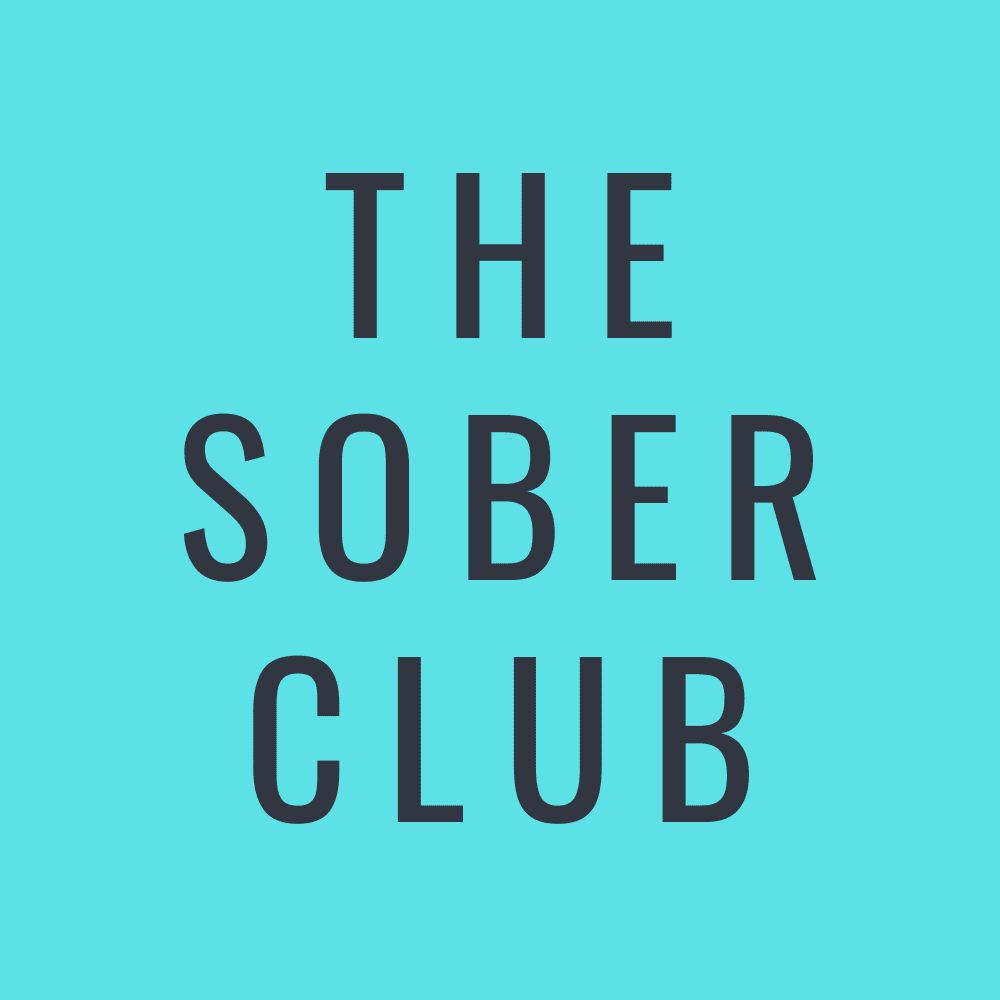The ‘Let Them’ Theory: Embracing Freedom and Growth
You’ve heard of the ‘Let Them’ Theory? It’s gone viral, making waves across social media, resonating with people seeking to find peace and personal freedom in a world filled with expectations. Popularized by motivational speaker Mel Robbins, who shared that she’d heard of this theory that she ‘frigging loved’, this simple yet profound concept encourages us to adopt a mindset of letting others do as they will—without taking it personally or letting it affect their own peace.
This resonates so much for those who are ditching the booze, or in the early stages of sobriety when one of the biggest fears will be around socialising. I’ve had clients share their concerns with me…
Will my friends go out to the pub without me if I am not drinking?
Maybe – Let them
Will my family exclude me from the bottomless brunch they’re planning?
Maybe – Let them
Will my work colleagues plan the next social event without consulting me?
Maybe – Let them
You get the idea. – If someone wants to leave, let them. If they want to be angry, let them. If they want to distance themselves, let them. The ‘Let Them’ theory has struck a chord, I think because It promotes a sense of detachment from others’ actions and opinions, advocating for personal boundaries and emotional independence.
When so many of us are people pleasers, desperate not to offend, it offers a refreshing perspective in a culture often obsessed with control and validation from others. By embracing the ‘Let Them’ mindset, we can reclaim our power and focus on our own growth and well-being.
The ‘Let Them’ theory closely relates to Julian B. Rotter’s concept of ‘locus of control’, introduced in 1954. Rotter’s theory distinguishes between internal and external locus of control: The internal Locus of Control believes that you have control over your life and outcomes. External Locus of Control believes that external forces dictate your life and outcomes.
By embracing the ‘Let Them’ mindset, it’s possible to shift towards an internal locus of control. We can begin to recognize that we can control our reactions and emotions, even if we can’t control others’ actions. This internal locus of control is essential in early sobriety, empowering us to take charge of their recovery journey. I’ve interviewed leading positive psychologist and author Cheryl Rickman many times on the Alcohol Free Life podcast, and she explains so clearly, that ‘You are not your thoughts’, you can choose how you respond to the negative, inner critic voice.
There’s no doubt that early sobriety can be a challenging period marked by significant lifestyle changes and the need for good support systems. Often, as we choose to swim against the tide, we can feel left out or abandoned as their friends continue to socialize without us. This is where the ‘Let Them’ theory can be particularly beneficial:
How could it help us to implement the ‘Let them’ theory?
Reduces Anxiety: By adopting the ‘Let Them’ mind set, we can alleviate the anxiety associated with worrying about others’ actions. This helps us maintain focus on personal recovery rather than external validation.
Promotes Self-Reliance: Early sobriety is a time to build self-reliance and self-esteem. Letting others do as they please without feeling responsible can strengthen our sense of independence and confidence.
Encourages Healthy Boundaries: Learning to let go of others’ behaviours helps in establishing healthy boundaries. This is crucial when we’re in the early stages of quitting alcohol, where protecting our own mental and emotional space is paramount.
How It Might Not Be Beneficial…(There’s always a caviat!)
Potential for Isolation: While the ‘Let Them’ theory promotes independence, it might inadvertently lead to feelings of isolation if not balanced with efforts to build a supportive network. Its no use simply deciding to ‘let them’ but then staying home feeling miserable and lonely!
Avoidance of Constructive Feedback: It’s important not to use ‘Let Them’ as a shield against all feedback. Constructive criticism, especially from trusted friends and mentors, is vital for growth.
Tips for Using the ‘Let Them’ Technique in Early Sobriety
Focus on Self-Love: Use the ‘Let Them’ mindset as a tool for self-love. Remind yourself that your worth is not determined by others’ actions or opinions.
Practice Mindfulness: When you feel left out or judged, take a moment to breathe and remind yourself to ‘let them’’ This helps in staying grounded and present.
Seek Positive Reinforcement: Get connected. Surround yourself with positive influences who respect your journey. Let go of those who don’t support your recovery, but ensure you have a strong, supportive network In The Sober Club we have a totally supportive non-judgemental approach, and become cheerleaders for each other
Journal Your Thoughts: Writing down your feelings can help you process them. Reflect on instances where ‘letting them’ helped you maintain your peace.
So lets embrace the ‘Let Them’ Mindset It can be a powerful tool for those in early sobriety, helping to cultivate emotional independence, self-love, and healthy boundaries. While it’s important to balance this mindset with maintaining supportive relationships and being open to constructive feedback, it ultimately encourages a shift towards an internal locus of control. By letting others do as they will, we free ourselves to focus on our growth and well-being.
So, the next time you feel left out or judged, just remember: let them. Your journey is your own, and your peace is worth protecting, and in any case … We are the lucky ones…Sobriety Rocks
Join us in The Sober Club for support, accountability and inspiration

